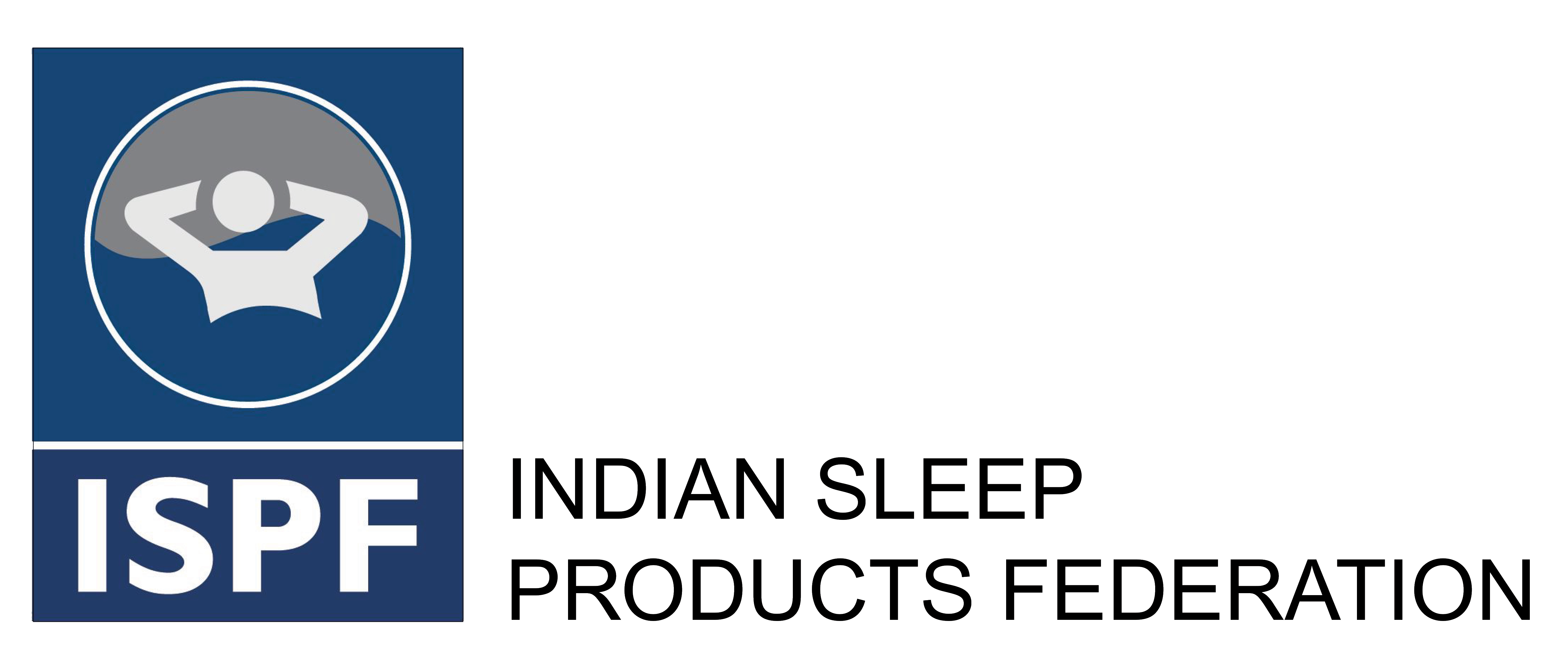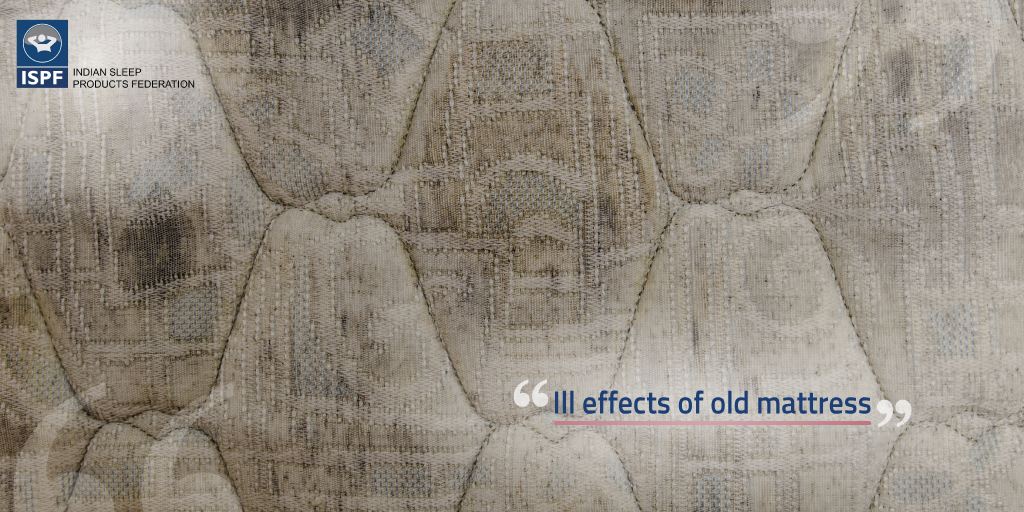Sleep accounts for one-quarter to one-third of the human lifespan. Sleep is vital for the brain function and to the rest of the body too. When people don’t get enough sleep, their health risks rise. Symptoms of depression, seizures, high blood pressure and migraines worsen. Immunity is compromised, increasing the likelihood of illness and infection. If we sleep too little, we become unable to process what we’ve learned during the day and we have more trouble remembering it in the future. Sleep is a period during which the brain is engaged in a number of activities necessary to life—which are closely linked to quality of life, says Johns Hopkins sleep experts.
Sleep Science
HomeSleep Science
ISPF is an industry body which promotes importance of sleep and role of mattress for a Indian consumers. ISPF plays very important role in connecting Indian bedding industry ecosystem. ISPF also acts as bridge between India and international players.
Recent Posts





